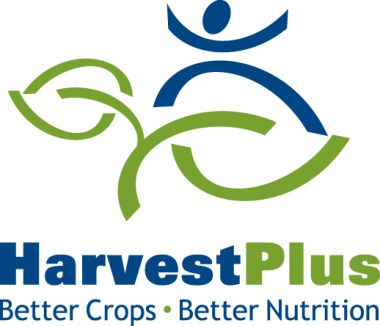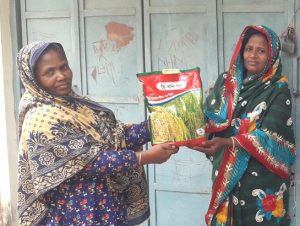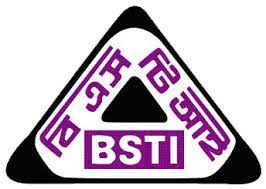World Food Programme Seeking To Avoid Catastrophe In Yemen: Currently in the midst of an ongoing conflict, Yemen is at risk for a nutrition catastrophe: 3.3 million children, along with pregnant women and new mothers, suffer from acute malnutrition and 67 percent of children under 5 are stunted due to severe micronutrient deficiencies. The World Food Programme is aiming to improve the nutrition of 1.9 million children and women through an emergency supplementary feeding program. (Food Navigator Asia)High Levels Of Malnutrition In Pakistan’s Punjab: During a session on Smart Policy Making on Eliminating Hidden Hunger, experts revealed that two-thirds of the households in Punjab do not get the necessary nutrition for a healthy life. Other provinces are also affected: around 67.4 percent of households in Khyber-Pakhtunkhawa, 70.8 percent in Sindh and 83.4 percent in Balochistan fail to get the adequate nutrition. Overall awareness of iron and iodine deficiencies remains low in Pakistan. The conditions primarily affect women and children, also contributing to higher mortality rates. (The Express Tribune)
Considering How To Limit Stunting In Indonesia: Indonesian Vice President Jusuf Kalla is looking into the best ways to mitigate stunting in the country through a program run by the National Team for Acceleration of Poverty Reduction. One consideration is directing specific nutrition intervention at children during their first 1,000 days of life. (Netral News)
Food insecurity
Food Security Integral To Improving Economy: The Philippines government aims to improve the economy by 2022, but experts say ensuring food security is the first step towards doing so. Malnutrition affects not only health, but academics say human knowledge capital cannot increase if students do not have access to proper food. Researchers at the University of the Philippines Mindanao are testing various ways to improve human nutrition, saying it plays a key role in education outcomes and economic outcomes. (Davao Today)
Poor Practices Take Toll On Ugandan Harvests: Rice and maize are vital components to Uganda’s national food security. However, a survey shows that Ugandan farmers can lose roughly 30 percent of their maize or rice output due to poor post-harvest handling practices. The government is implementing a new plan designed to improve handling, storage, processing and sale of crops to limit post-harvest losses. (New Vision)
Climate and agriculture
Online Weather Database Launched Online For Researchers: Africa Rice Center launched an online weather database to facilitate the sharing of all weather data between researchers within the center and partners. In addition to current weather data, the database will contain historical weather data, which will allow researchers to draw conclusions on the agricultural impact of climate change. (AfricaRice)
Today’s fact
During childhood, zinc requirements are increased and deficiency can cause stunting and childhood infections.
HarvestPlus’ principal donors are the UK Government; the Bill & Melinda Gates Foundation; the US Government’s Feed the Future initiative; the European Commission; and donors to the CGIAR Research Program on Agriculture for Nutrition and Health. – Harvest Plus




